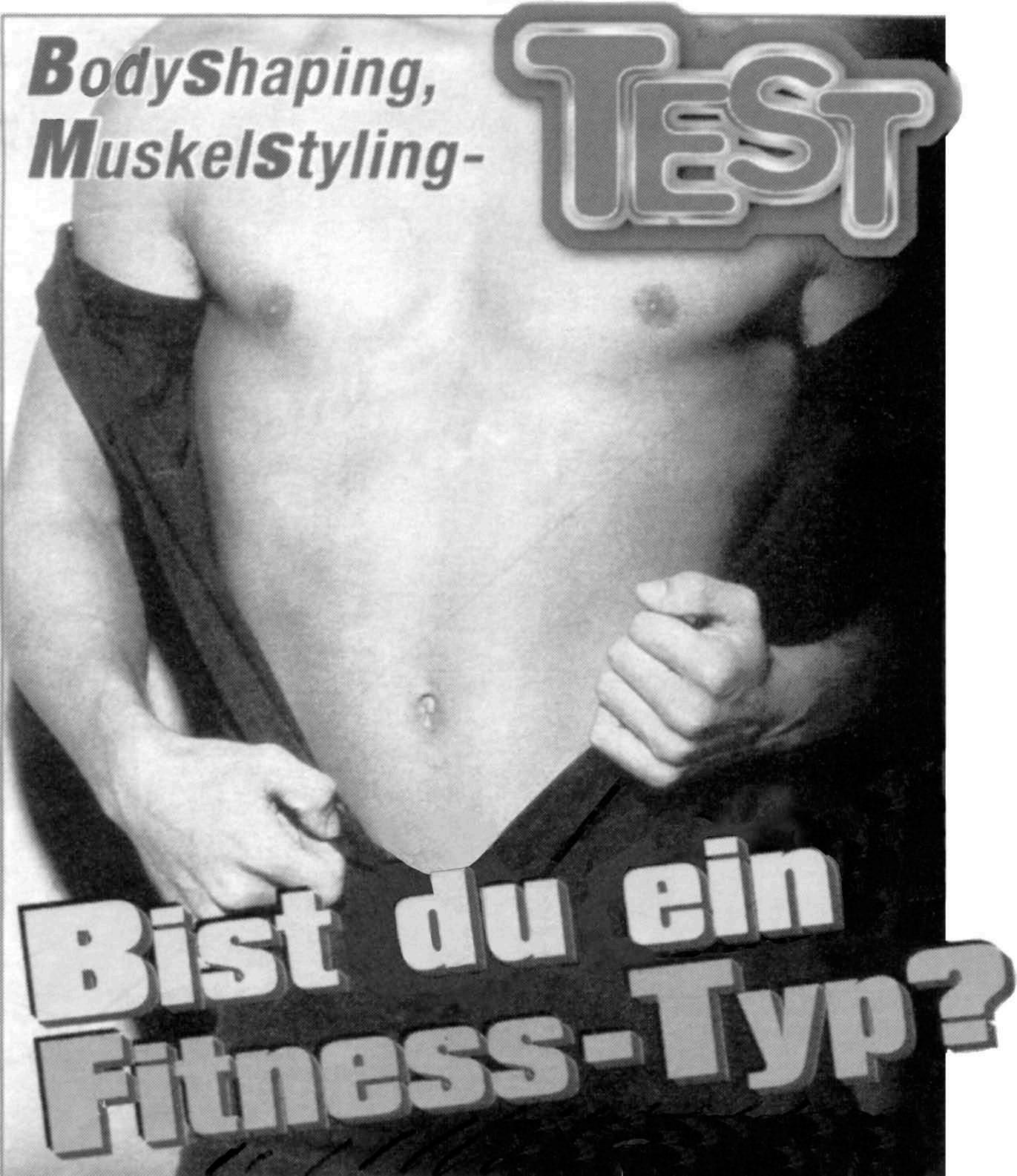160
Complex sentences
In a few contexts, was is used as a relative pronoun rather than der: after the demonstrative das
Ich hörte nichts von dem, was er sagte. I heard nothing of what he said.
after alles, etwas, nichts, viel(es)
Das ist alles, was ich sagen will. That’s all that I want to say.
after a neuter adjective used as a noun
Das war das Erste, was sie sagte. That was the first thing that she said.
to refer back to a whole clause
Es ist ihm gelungen, was mich sehr erstaunt. He succeeded, which amazed me.
was is not normally used in combination with prepositions. Instead, the compound form wo(r) PREPOSITION is used, e.g. wovon, womit, worüber (see 5.5):
Genau das ist es, wofür ich mich interessiere. That’s precisely what interests me. Das ist alles, woran ich mich erinnere. That’s all I can remember. Sie liebt ihn, worüber Emil sich gar nicht freut. She loves him, which Emil is not pleased about.
10.6 Infinitive clauses Infinitive clauses are a type of subordinate clause that is constructed with the verb in the INFINITIVE form rather than with a FINITE VERB.
In such constructions the infinitive is preceded by zu, similar to English ‘to’ with an infinitive, and placed at the end of the clause: Ich habe ihr geraten zum Arzt zu gehen. I advised her to go to the doctor. Es wird nicht leicht sein ihn davon zu überzeugen. It won’t be easy to convince him of it.
With SEPARABLE VERBS, the zu is placed between the prefix and the verb, with the whole written as a single word: Sie hatte vor ihren Freund anzurufen. Ich würde es vorziehen sofort wegzugehen.
She intended to phone her friend. I would prefer to leave straight away.
If the infinitive is being used with an AUXILIARY VERB or a MODAL AUXILIARY VERB, the zu is placed after the main verb and before the auxiliary verb: Er behauptet die Wahrheit gesagt zu haben. Ihr gefällt es nicht betrogen zu werden. Es freut mich Sie hier begrüßen zu dürfen.
He claims to have told the truth. She doesn’t like being deceived. It is a pleasure to be able to welcome you here.










